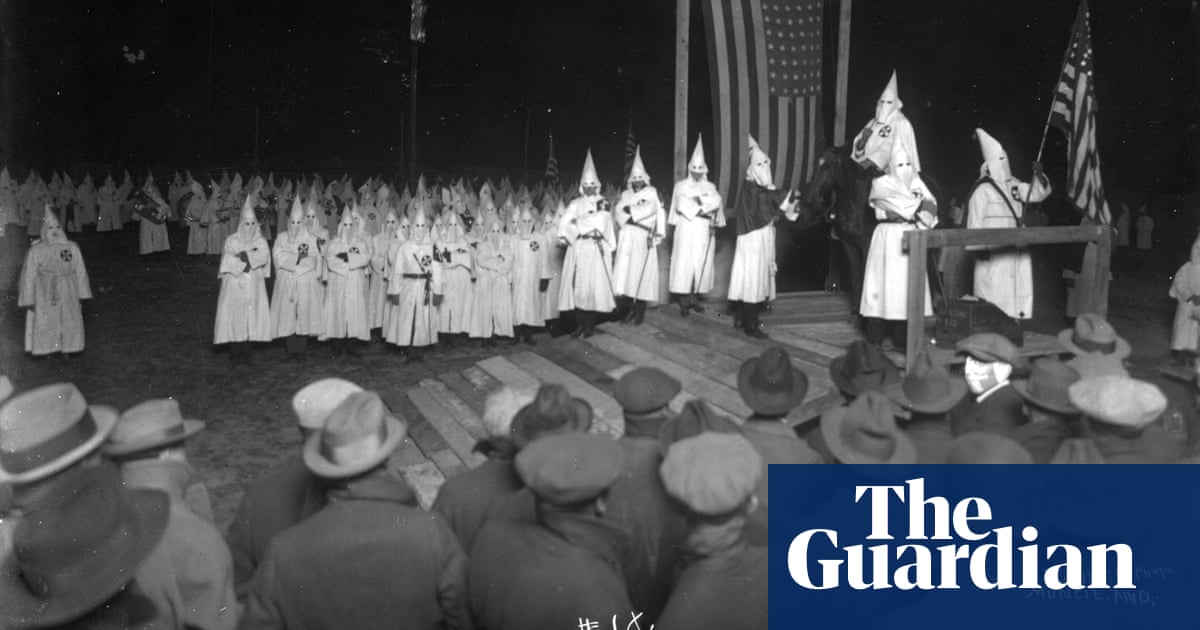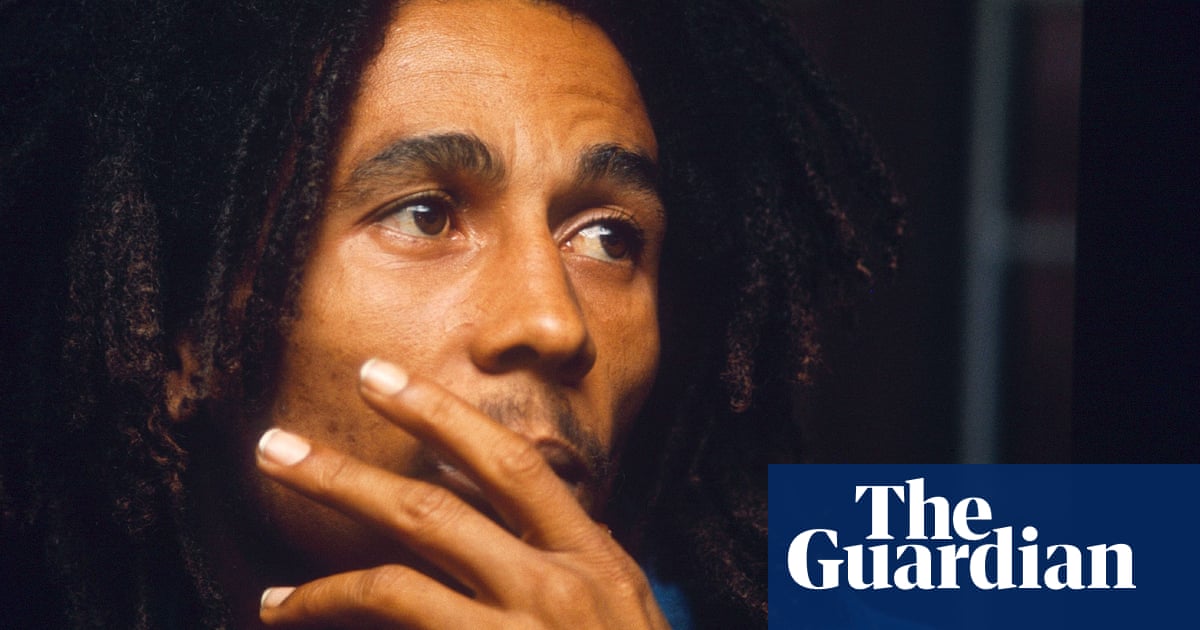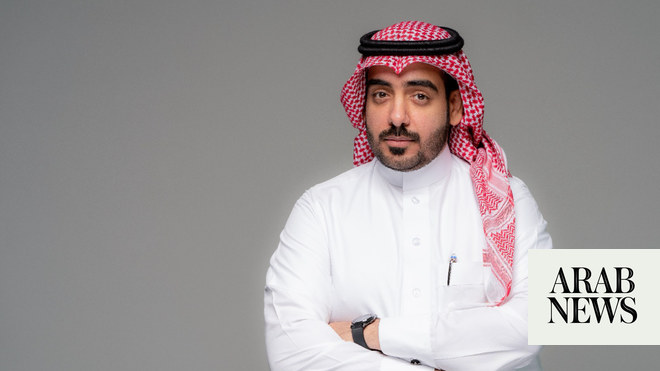
Shoulders still heaving in recovery, Adam Peaty stood poolside talking to the BBC’s Sharron Davies. He had just lost his Olympic title by 0.02 seconds – and yet he was smiling. “I’m a very religious man,” said Peaty, sporting a tattoo of a cross on his torso. “I asked God just to show my heart, and this is my heart. I couldn’t have done more.”
It was unusual to hear an athlete famous for his “red mist” approach – The Man Who Swims Angry – manifesting the peaceful fruits of his newfound faith. But then there has been a rather heavenly air in the Aquatic Centre at this Paris Olympics.
The British diver Andrea Spendolini-Sirieix was almost too overcome to speak when she and Lois Toulson took bronze in the 3m springboard synchro. But she managed “I give glory to God”, which were also Alison Gibson’s first words when the American qualified for the individual event. The newly minted 100m breaststroke champion, South Africa’s Tatjana Smith, got out of the pool and promptly dressed herself in a T-shirt that thanked “God, Jesus and the Holy Spirit”. There was another wave of religion happening 10,000 miles away at the surfing competition in Tahiti. Gabriel Medina pointed skyward after taking gold with an unprecedented Olympic score, a celebration that has already become the iconic photo of this Games. Medina posted it alongside a Bible quote – “I can do all things through Christ who strengthens me.”
Sportspeople thanking God for their wins is nothing new, but the sheer number doing so at this Olympics is noteworthy – especially so in France, which has insisted on its own athletes upholding the country’s secularist laws. French Olympians are not allowed to display religious symbols while competing, and that includes the wearing of the hijab, which many sports federations continue to ban. All this after days of social media outrage over “religious imagery” at the opening ceremony, a culture war skirmish that did nothing for the Olympic spirit.
Given the punishing self-sacrifices they endure, and the odds stacked against them in their quest for glory, it’s not hard to imagine why some sportspeople look outside themselves for a greater power. But social media has also allowed them to be bolder in expressing their faith, and fans are becoming more comfortable with that, too. Not long ago, queasy broadcasters would have been quick to shut down too much God talk: today it’s all part of their “journey”. Simone Biles’s rosary might have been tucked away in her duffel bag, but that doesn’t stop TikTok knowing about it. The International Olympic Committee has strict rules about keeping religious and political statements off the podium, but it can’t stop an athlete crossing themselves at the start line, or kneeling in sujood at the finish. This Games the Brazilian street skateboarder Rayssa Leal found a particularly creative way of demonstrating her faith mid-competition. The 16-year-old stole a moment in front of the camera to cite a Bible verse in sign language, before going on to win a bronze. Does that count as proselytising, or just being her “authentic” self?
Research by Christians in Sport, an organisation that provides pastoral support to elite athletes, shows a marked rise in the integration of faith and sport in the past two decades. One of the key drivers is society’s shift towards protecting and respecting religious identities of all kinds. Sport likes to position itself as a champion of inclusivity, even if it doesn’t always deliver on its promises. But the visibility and acceptance of faith practices at a professional level is growing as the industry becomes increasingly globalised and diverse.
In Britain, high-profile Muslim athletes have inspired an increased openness about faith stories in sport. England cricketers such as Moeen Ali and Adil Rashid have spoken about how their faith contributes to their sporting life and vice versa. The Premier League has quietly accommodated mid-game pauses for players who want to break their fasts during Ramadan. Other religions, too, are entering the conversation. This month will see the inaugural UK Sikh Games, which includes football, cricket, kabaddi, track and powerlifting.
A younger generation of athletes are comfortable claiming every part of their heritage, religious as well as cultural. This year’s Euros featured an England team more overtly Christian than any since the Victorian era. Asked in his man-of-the-match interview how he had managed the pressure in the quarter-final against Switzerland, Bukayo Saka replied: “I have faith in God.” Ivan Toney has the Ten Commandments tattooed on his back, Marc Guéhi’s father is a lay preacher, Raheem Sterling tweets Bible verses, and Marcus Rashford’s faith has manifested in his activism.
It’s obvious how religion might prove an instant bonding mechanism in team sport, from evangelical Americans at the Ryder Cup to Pakistan’s devoutly Muslim cricketers. Rugby teams from the Pacific Islands have long prayed together before games, but, in the aftermath of their playoff defeat to Kenya at these Games, Samoa’s rugby sevens side led a prayer huddle with the opposition that had just bested them, right in the middle of the pitch.
For some, that presented a touching image – for others, it will be too much. The question is how to balance increasing confidence in religious expression with sport’s message that it brings people together regardless of creed.
Perhaps it’s easier for fans to feel comfortable with religion in the context of solo sports such as Peaty’s. For the non-devout, it’s easier to see this kind of faith as less of a communal identity and more like superstition – a coping strategy, one of a raft of psychological options for those seeking a competitive edge.
Still, given the state of sports industry today – its bloated self-importance, pursuit of greed, moral ambivalence – perhaps there’s something laudable about athletes looking for a wider perspective.












